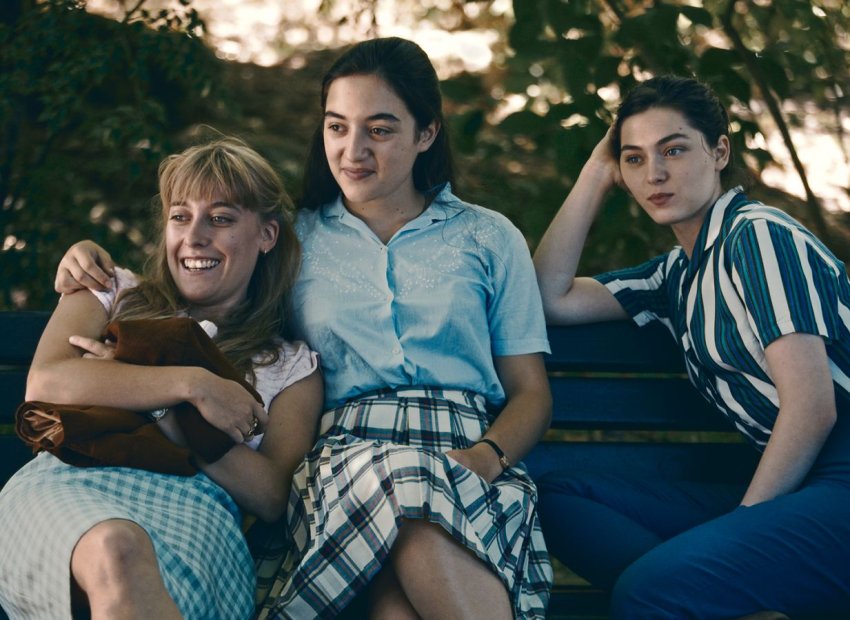
Happening (L’événement)
Directed by Audrey Diwan
Starring Anamaria Vartolomei, Kacey Mottet Klein, Sandrine Bonnaire, Louise Orry-Diquero, Louise Chevillotte
French with English subtitles
In cinemas April 14
Happening is set in 1963 France but does not set out to replicate the period, rather it achieves a sort of timelessness while retaining realism shorn of all dramatisation.
The realism at its core is the struggle of a young woman to have an abortion in a society in which it is illegal. The timelessness is the fact that abortion, while legal in some places, is illegal in far too many. As seen in parts of contemporary United States, it can also be snatched away.
The screenplay is based on French novelist Annie Ernaux’s autobiographical novel about her experience of backyard abortion. The film’s writer and director, Audry Diwan worked closely with Ernaux to get the story’s tone correct.
The film’s protagonist, Anne (Anamaria Vartolomei) lives in rural France. A high achieving student, her only hope of escaping her small-town existence is to get into a prestigious university.
There is a beautiful, early scene where Anne delivers an exposition on a poem in class, explaining its political and social significance, located in its temporality. The scene communicates that Happening, without propagandising, is showing the political significance of abortion in its time and place.
With her entrance examinations fast approaching, Anne finds herself pregnant. Nobody in a position of authority is prepared to help her.
When she asks the doctor who diagnoses her pregnancy for help, he says flatly: “You can’t ask me that, not me, not anyone. The law is unsparing. Anyone who helps can end up in jail. You too. And only if you’re spared the worst. Every month a girl tries her luck and dies in atrocious pain. You don’t want to be that girl.”
Anne enters into a demi-monde where secret meetings with abortionists have to be held in parks, like WWII Resistance fighters. Code words are used to disguise what is really going on but the film does not flinch from showing what such abortions actually involve and the courage of the women who endured them.
There is much to commend in this film, starting with the acting, which is first-rate. The cinematography is astonishing; the viewer is with this woman every inch of the way, living her experience.
Ultimately, it is Annie Ernaux’s story that resonates, an individual’s experience representing millions of women over centuries, demonstrating the vital importance of legal abortion rights.